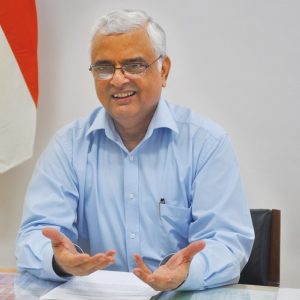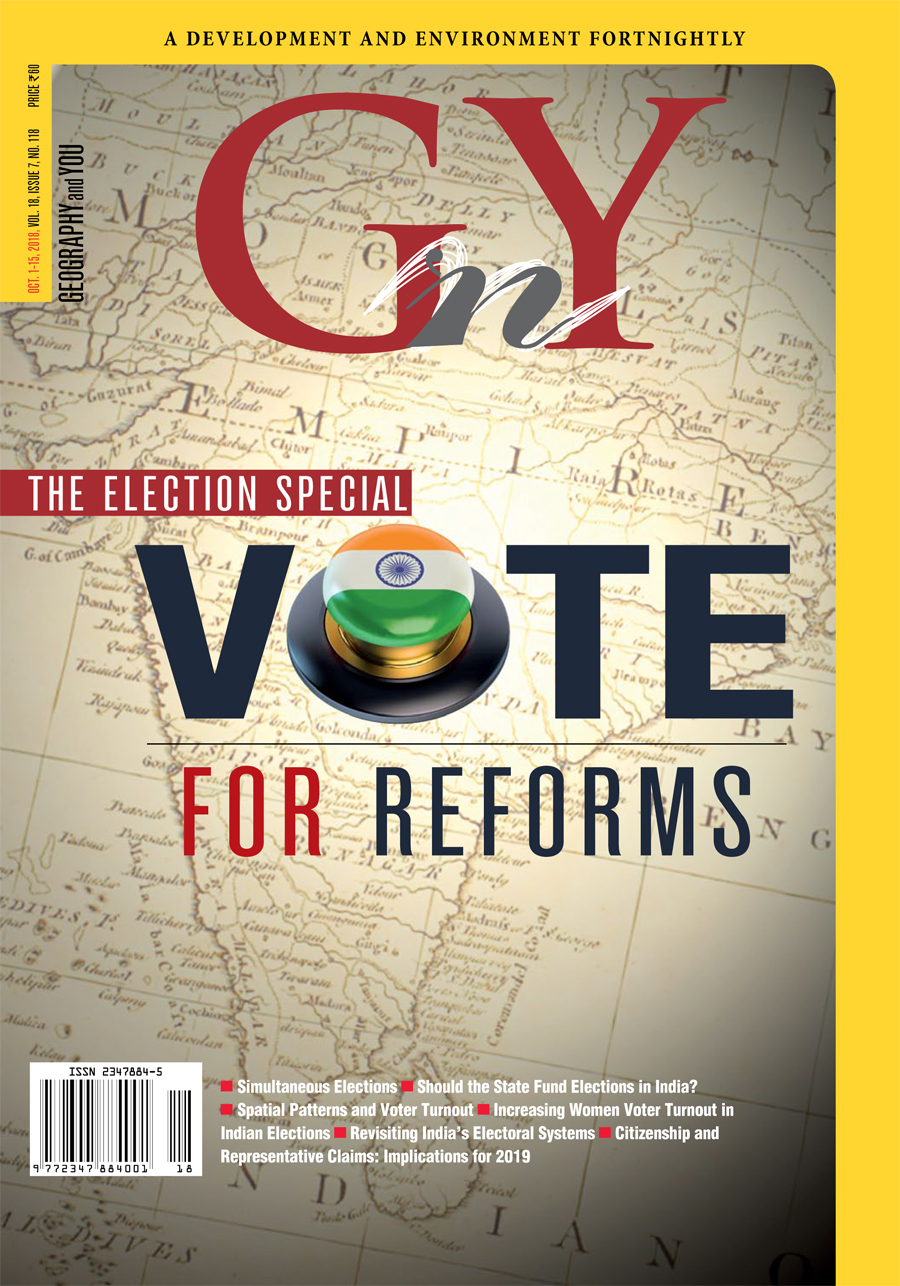
Expert Panel
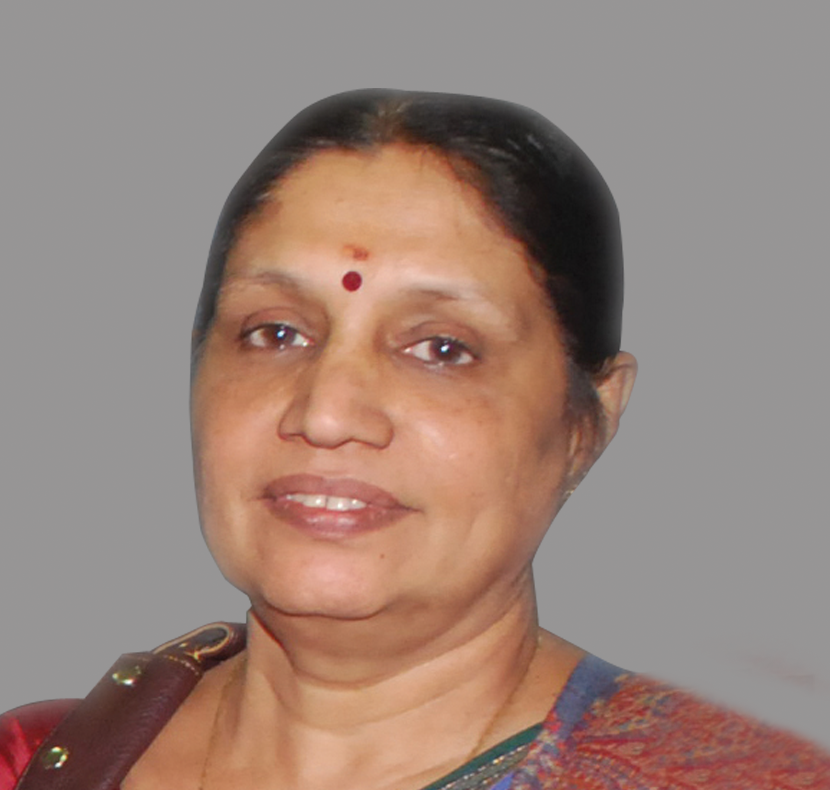
Former Chairperson, National Biodiversity Authority, Chennai.
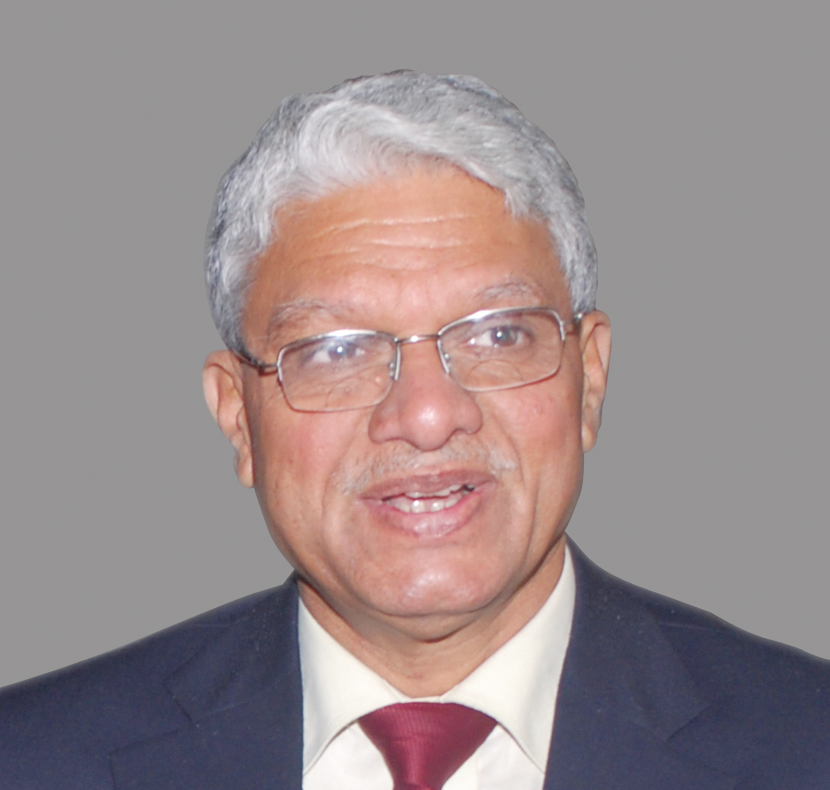
Air Vice Marshal (Retd) Former DG, India Meteorological Department (IMD), New Delhi
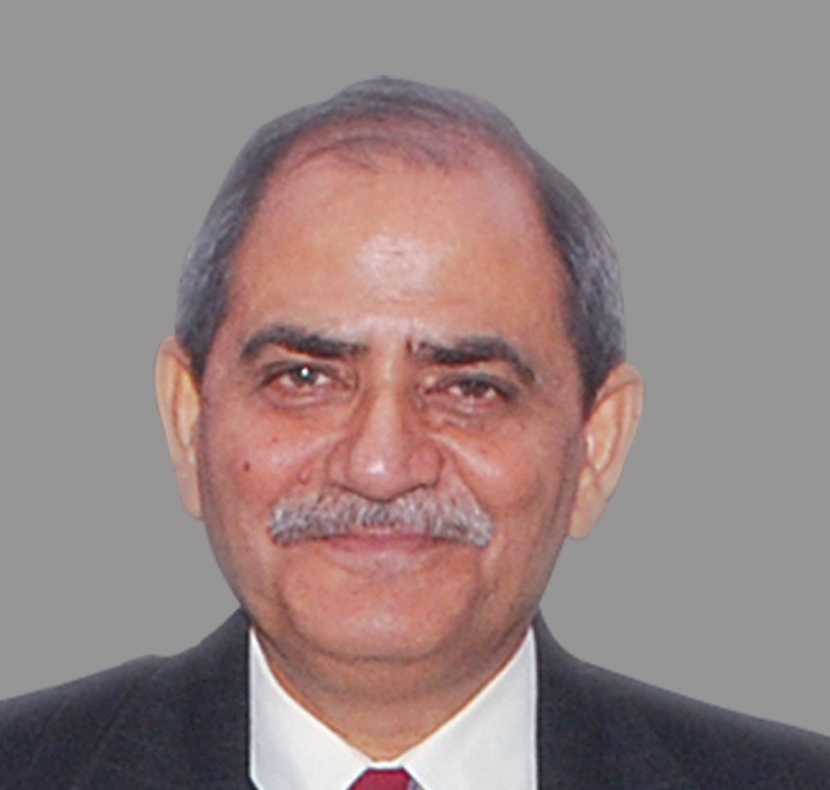
Geologist and Secretary General, 36 IGC, New Delhi.
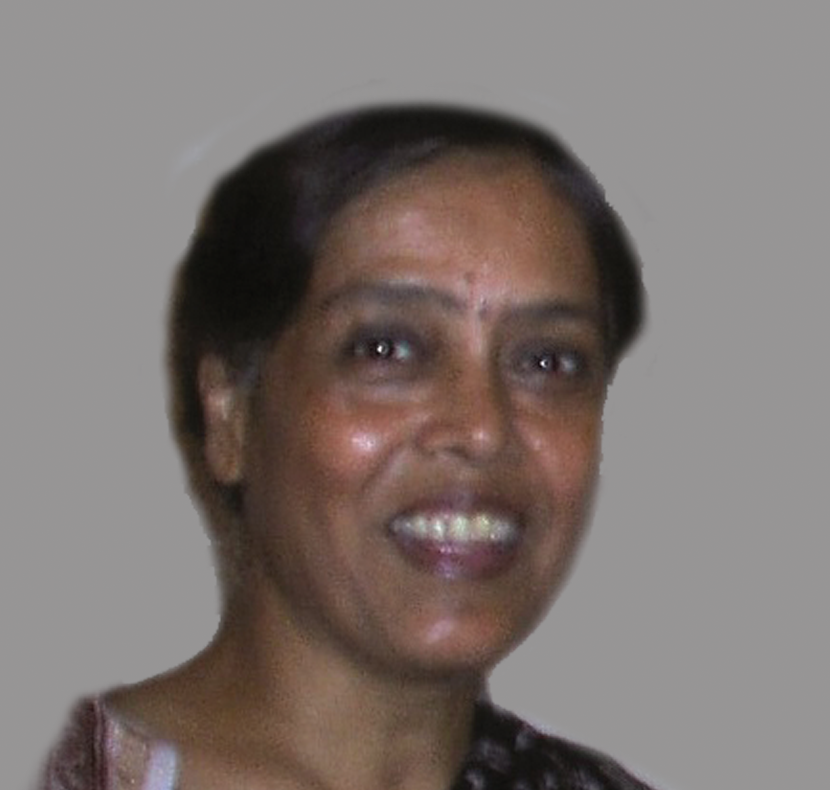
Former Professor, CSRD, Jawaharlal Nehru University, New Delhi.
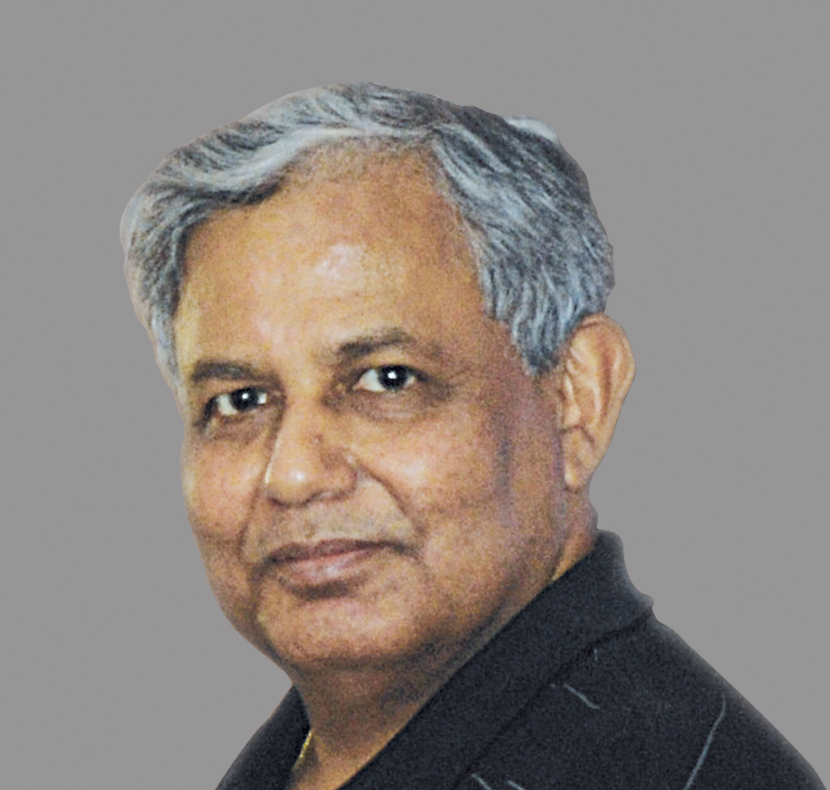
Former Vice Chancellor, MG Kashi Vidyapeeth, Varanasi
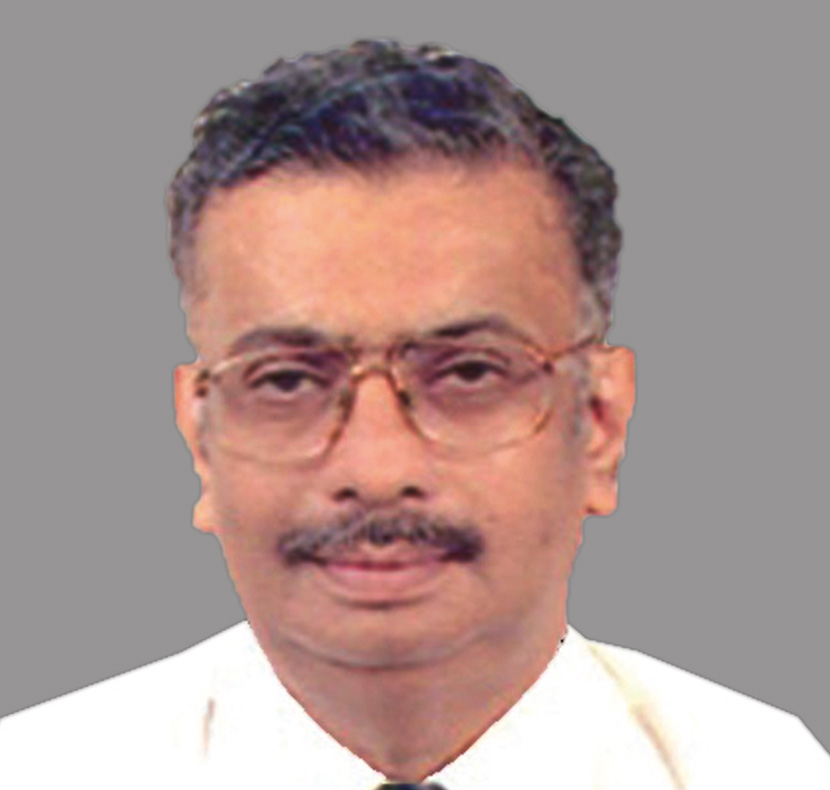
Former Member Secretary, Central Pollution Control Board, New Delhi.
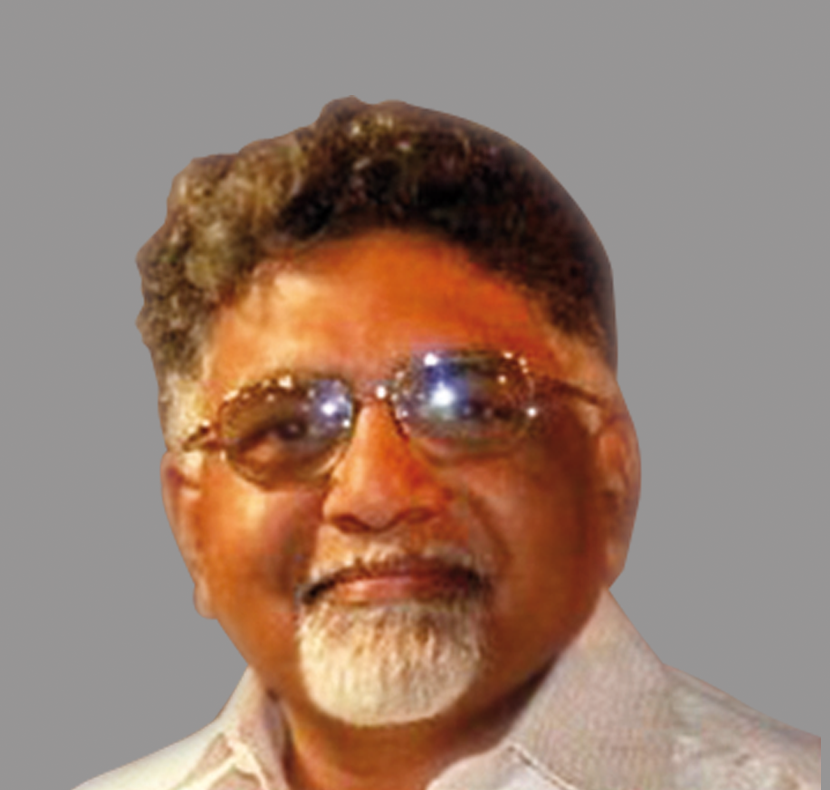
Former Professor, Jawaharlal Nehru University, New Delhi
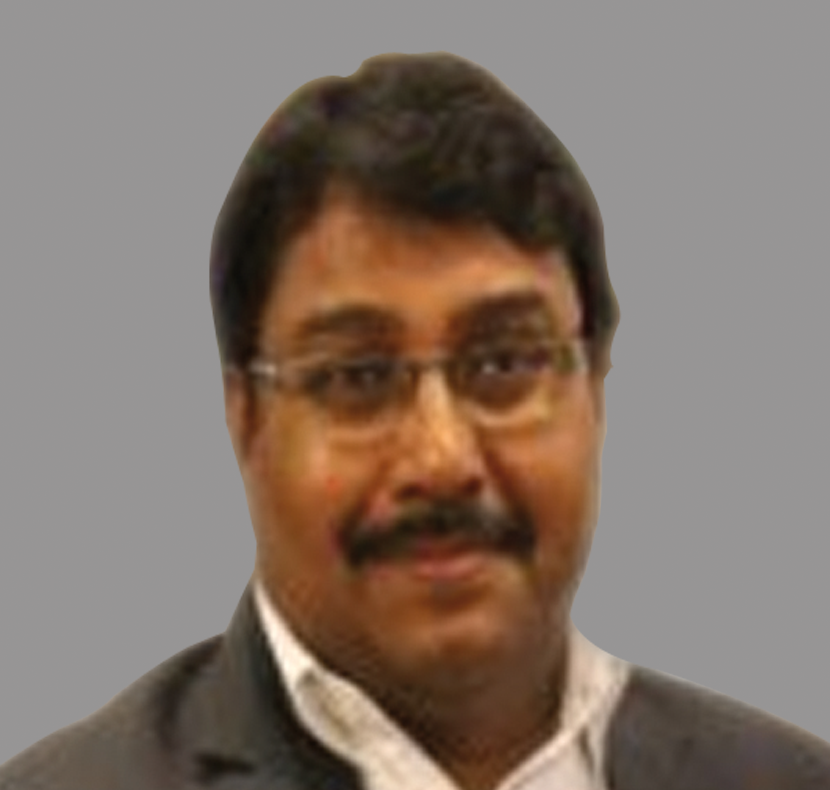
Chief Executive, ACRA, Noida, Uttar Pradesh.
Inside this issue
Opinion
DEBATING REFORMS
While public funding of elections would cost the exchequer a bomb, public interest demands that the state earmarks subsidies to clean up its democratic polity.
DATAISM IN ELECTORAL REFORMS
The strongest feature of Indian democracy is the high rate of participation of citizens in elections. Voter turnout, political awareness and participation of women in elections are constantly changing and are affected by various factors like literacy, economic development and influence of the media.
Since the first General Elections were conducted in 1952, the participation of women in voting has gradually increased. Various factors, including, but not limited to literacy rate, exposure to media and voter awareness campaigns have played a role in this.
Analysis of voter choice is essential for influencing and predicting voting behaviour. This paper studies the newspaper reading habit of voters and the manner in which it engages the voters and influences the outcomes.
UNDERSTANDING REFORMS
While debates around the relative advantage and disadvantage of electoral systems have usually centred on First-Past-The-Post and Proportional Representation Systems, both these need to be revisited in the context of India.
Electronic voting machines have transformed the system of voting world over. The machines have undergone multiple changes since its inception and even today continue to evolve. In India, EVMs have ensured free and fair elections which are essential to maintain the democratic culture of the country.
India is among the few nations that have an unbroken history of conducting fair and regular elections. While the credit of a sustained electoral politics goes to the citizens of the country, the definition of a citizen has itself remained debatable and is likely to determine the course of 2019 General Elections.
IN CONVERSATION WITH
O P Rawat, Chief Election Commissioner of India, speaks with G’nY on the feasibility of simultaneous elections, state funded elections and the shortcomings of our electoral system.
In brief
Law Commission of India Simultaneous elections may be conducted by amendments to the Constitution, the Representation of the People Act, 1951 and the Rules of Procedure of Lok Sabha and those of the state legislative assemblies. The definition of ‘simultaneous elections’ may be added to the
Free will has been subject to coercion and manipulation. Whether it is submission to the Lord, the ruler or even elders in the family, human conduct has been based on the sublime quality of being a devout ‘follower’. For example, we believe today that the conduct of elections, not necessarily th
India is the largest democracy in the world. Over 550 million voters participated in the 2014 general elections (Election Commission of India Report 2014)—equal to the population of the USA, Russia, the UK and Canada put together. This displays the enormity of India’s polling process. On the fac

